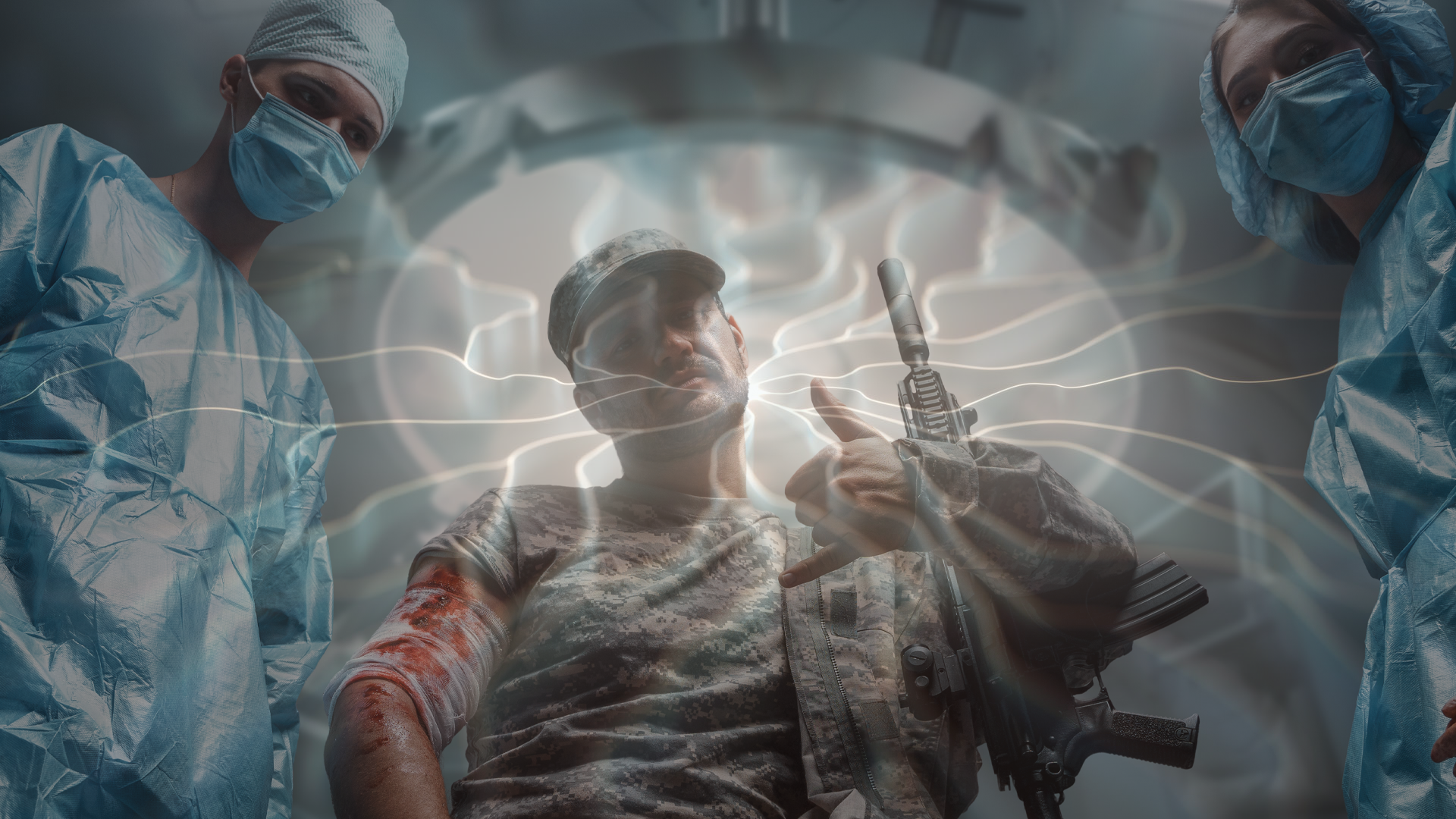Supercharge your defense operations with NDL solutions. Dive into a partnership that expands your team's cognitive reach. Ready to amplify your project's impact?
Thoughts & Exercise: Revolutionizing Combat Medicine with AI Force Multipliers

However, the advent of artificial intelligence (AI) is poised to transform combat medicine, introducing a new era of enhanced efficiency, precision, and decision-making capabilities. AI-powered systems can act as force multipliers, enabling medics to focus on their critical tasks while AI handles the burden of routine monitoring, data analysis, and even providing psychological support to wounded soldiers.
AI-Powered Triage and Stabilization
AI algorithms can analyze data from medical sensors and battlefield medicine devices to rapidly assess the severity of a soldier's wounds and provide recommendations for treatment. This can free up medics to focus on stabilizing critical patients and coordinating evacuation efforts.
Remote Monitoring and Medication Dispense
AI-powered systems can continuously monitor the vital signs of wounded soldiers, even those who have been moved to field hospitals or evacuation centers. This allows for real-time tracking of their condition and timely interventions if necessary. Additionally, AI can remotely dispense medications, ensuring that soldiers receive the appropriate treatment even in situations where medics are unavailable.
Psychological Support and Emotional Assistance
AI-powered voice assistants can provide psychological support and emotional assistance to wounded soldiers, offering calming words, guided relaxation techniques, and access to familiar music or stories. This can help reduce stress, anxiety, and fear, promoting healing and recovery.
Integration with Medical Devices and Sensors
AI systems can seamlessly integrate with a variety of medical devices and sensors, including wearable vital monitors, blood glucose meters, and wound assessment tools. This real-time data stream allows AI to provide accurate and up-to-date information about a soldier's condition, facilitating informed treatment decisions.
Real-Time Updates and Alerts
AI can analyze data from the battlefield, including casualty reports, troop movements, and enemy positions, to provide medics with real-time updates and alerts. This situational awareness can help medics prioritize their actions, optimize resource allocation, and make informed decisions about casualty evacuation routes.
Conclusion
AI is poised to revolutionize combat medicine, acting as a force multiplier that enhances the capabilities of medics and improves the care provided to wounded soldiers. By leveraging AI's ability to analyze data, provide real-time updates, and administer psychological support, we can create a more efficient, precise, and supportive combat medicine system that saves more lives and reduces the human cost of war.



